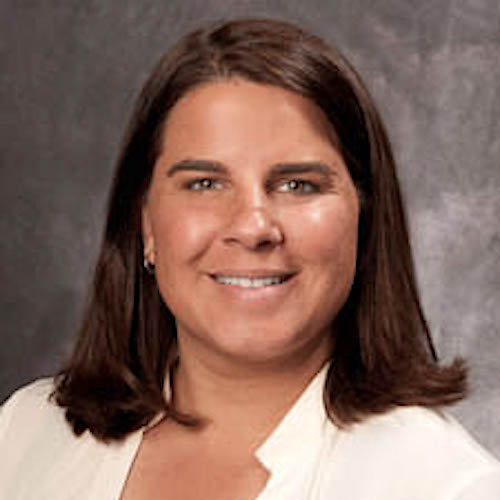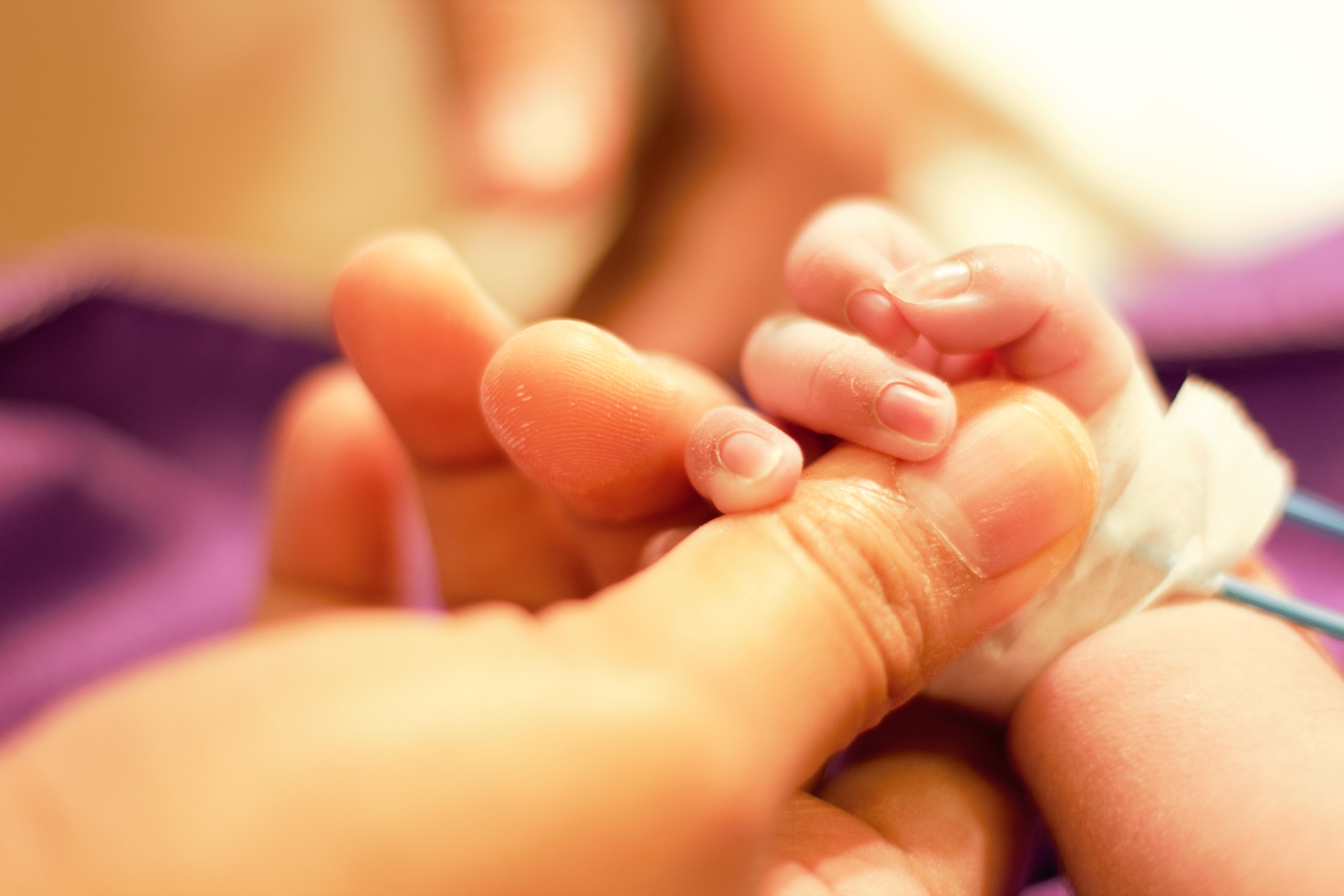Certified neonatal therapist and research scientist Bobbi Pineda, PhD, joined the faculty of the USC Mrs. T.H. Chan Division of Occupational Science and Occupational Therapy earlier this year, bringing her expertise regarding high-risk and premature infants and their families in the NICU.

Recently, the National Association of Neonatal Therapists honored Pineda as the therapist who has done the most to help the field gain traction during the last decade. Pineda has also been a key player in developing and implementing a neonatal therapy certification to ensure that therapists have the experience and knowledge to safely and effectively work with infants in the NICU.
Since earning her PhD in rehabilitation science from the University of Florida in 2006, her work has focused almost exclusively on the NICU setting. Before coming to USC Chan in 2020, Pineda was a faculty member at Washington University School of Medicine in St. Louis’ Program in Occupational Therapy for 12 years.
Her research questions are driven by her previous clinical experience at some of the nation’s premier children’s hospitals, including University of Florida Shands Hospital, All Children’s Hospital in St. Petersburg, Duke Children’s Hospital and University of North Carolina Children’s Hospital. In recognition of her contributions to the field, the National Association of Neonatal Therapists honored Pineda for her work by adding her to their decade-by-decade list of luminaries who have advanced neonatal care since the 1970s.
Specialized practice for special patients
Occupational therapy in the NICU is a highly specialized area of practice. According to Pineda, neonatal therapists approach clinical problems from two complementary perspectives.
From a neuroprotective perspective, therapists adapt the NICU environment to decrease stressors and protect the brain, provide supportive positioning, optimize sensory exposures and help parents achieve the role of parenting a fragile infant with confidence and social connectedness.
From a rehabilitative perspective, neonatal therapists use standardized assessments, customize goals and interventions and provide targeted treatment approaches. While addressing the infant and family needs at the NICU bedside, neonatal therapists are continuously considering multiple issues and changing therapeutic processes in light of these complex factors.
Because it’s such a specialized area of practice with few researchers, it can feel isolating at times. The prospect of connecting with established occupational therapy researchers like Associate Dean and Chair Grace Baranek, PhD, OTR/L, and Associate Chair of Research Mary Lawlor, ScD, OTR/L, is one of the reasons Pineda says she decided to join USC Chan.
Current projects in development
Pineda’s Supporting and Enhancing NICU Sensory Experiences, or “SENSE” program, is a comprehensive program to ensure that high-risk infants in the NICU are afforded positive sensory exposures such as massage, auditory sounds and skin-to-skin contact by parents every day of NICU hospitalization. The program also educates families and caregivers on providing those positive sensory experiences appropriately at each developmental stage. Nearly 200 hospitals in the U.S. and abroad have purchased the SENSE program license.
Pineda also studies neonatal feeding, and she developed a neonatal feeding assessment tool, the Neonatal Eating Outcome Assessment. Since feeding is one of the most important occupations during infancy, it’s a line of research that has an exciting future and can make a large clinical impact.
Her third line of research includes what’s known as the Baby Bridge program, a model that promotes timely, consistent and high-quality therapy services for high-risk infants after being discharged from the NICU. It was designed to “bridge” the transition time between NICU services and post-discharge early intervention therapies, often provided through state-funded programs.
“What I’ve really strived for, and what I hope that I’ll be remembered for 10 years from now, is driving neonatal therapy practice towards evidence,” Pineda said. “Evidence will establish more credibility for the important work of the neonatal therapist, and also will ensure that we are doing interventions that will drive positive outcomes for infants and families who start their lives in the NICU.”
— Mike McNulty


